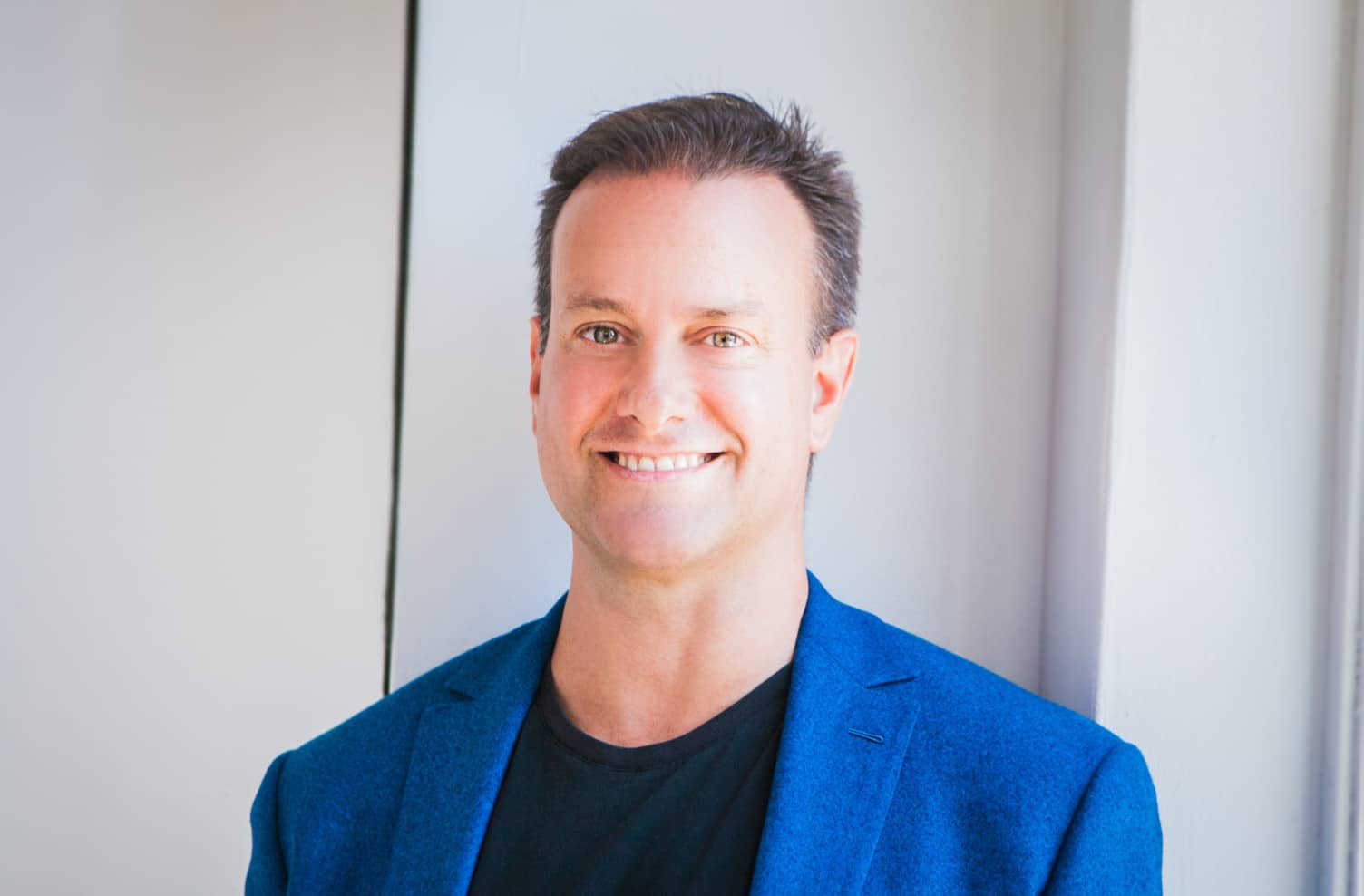
Guided Breathing, Gamma Brainwaves and Going Beyond Flow State – Dr. Greg Wells with Dave Asprey – #721
In this episode of Bulletproof Radio, my guest, Greg Wells, Ph.D., shares ways to fully rest your body and your mind. You’ve likely been under some measure of sustained stress pretty much the whole first half of 2020. It’s taken a toll on your physical and mental health. And maybe your financial and social health, too.
Subscribe To The Human Upgrade
In this Episode of The Human Upgrade™...
In this episode of Bulletproof Radio, my guest, Greg Wells, Ph.D., shares ways to fully rest your body and your mind. You’ve likely been under some measure of sustained stress pretty much the whole first half of 2020. It’s taken a toll on your physical and mental health. And maybe your financial and social health, too.
Greg’s new book, “Rest, Refocus, Recharge: A Guide for Optimizing Your Life,” came out just a few months ago as lockdowns were getting underway across the world. So, our conversation about health and human performance, particularly under extreme conditions, is particularly relevant.
He’s a scientist and physiologist who makes the science of human limits understandable and actionable. He became a physiologist because he broke his neck body surfing in the ocean at age 15 while at a swim team training camp. That sparked his interest in the human body and how it adapts. He made a full recovery and swam in University ultimately making it to the World Cup level.
He’s also a travel and expedition adventurer who has journeyed through every imaginable terrain and conditions in over 50 countries around the world.
Throughout all of his athletic endeavors and adventures, breathing was paramount. We explore the breathing techniques for different activities and situations, what science is learning about the breath-brain connection, and how to go beyond flow.
“There’s a medulla in the brain, which is where we control breathing,” Greg says. “It’s actually linked to the center of the brain that is also involved in stress regulation. If you take long, slow, deep breaths, you know that you can calm the body down. You can actually feel it. If anyone just takes three deep breaths right now, you’re going to relax.”
“The other end of that spectrum,” he continues, “is if you want to activate the nervous system, you can exhale really hard. That’s why tennis players for example, scream and exhale when they hit the ball. That activates the nervous system and increases your stress and your explosiveness. In between those two extremes are all the other things that we can do with our breathing.”
Greg offers simple and innovative ways that you can slow down. Whether you’re in a sport, doing a work project or spending time with your family, knowing how to breathe the right way at the right time is a true game-changer. You can also stop using a morning alarm and start using a bedtime alarm instead. Listen on to find out how!
Enjoy the show! And get more resources at Dave.Asprey/podcasts.
Key Notes
- What makes you a Translational Medicine guy and an endurance athlete – 2:40
- Scientist that tells you that they have a definitive answer to something is probably like lying – 5:47
- What’s the best breath? – 6:40
- It’s amazing that we all now have access to laboratory quality data using these wearable devices – 15:03
- There’s a J-shaped relationship between exercise and immune health – 20:43
- So, we’re all stressed right now, so what’s the recovery tech that’s most recovery oriented? – 24:10
- The No. 1 thing we did as a family was we stopped using a morning alarm – 26:18
- If you have no time at all, it seems like you should follow what Winston Churchill used to do. During World War II – 33:21
- You have steps in your book and you talk about embracing the extraordinary and you talk about shifting into gamma brainwaves for flow states – 36:33
- I could feel everything. I felt my entire life. I knew that everything that I’d done that led up to this moment, I knew that it was going to transform what I wanted to do with the rest of my life, – 39:49
- We want to experience more theta, that really deep relaxation, or we want to experience more gamma, do you have techniques to turn that on – 40:38
- I want to know about high-altitude hacking – 43:22
- When it comes to the optimal breathing rate, the speed with which you breathe is one thing that’s for breathing frequency, and then your tidal volume, – 50:57
- It’s literally just these chemo receptors that taste your blood and they keep your blood at that perfect acidity level – 53:50
If you like today’s episode, check us out on Apple Podcasts at daveasprey.com/apple and leave us a (hopefully) 5-star rating and a creative review.
Go check out my new book “Super Human: The Bulletproof Plan to Age Backward and Maybe Even Live Forever“ and also “Game Changers“, “Headstrong” and “The Bulletproof Diet” on Amazon and consider leaving a review!
Want to help others reach their full potential? Check out the incredible Human Potential Coach Training program I set up with Dr. Mark Atkinson.
Enjoy the show!
Follow Along with the Transcript
Links/Resources
Website: drgregwells.com
Wells Performance: wellsperformance.com
Facebook: facebook.com/gregwellsphd/
Twitter: twitter.com/drgregwells
Instagram: instagram.com/drgregwells/
YouTube: youtube.com/channel/UCfkzuo5A2xtxRdOBDB8fBTQ/featured
Book: Rest, Refocus, Recharge: A Guide For Optimizing Your Life
Subscribe To The Human Upgrade
Similar Episodes

BOOKS
4X NEW YORK TIMES
BEST-SELLING SCIENCE AUTHOR
Smarter
Not Harder
Smarter Not Harder: The Biohacker’s Guide to Getting the Body and Mind You Want is about helping you to become the best version of yourself by embracing laziness while increasing your energy and optimizing your biology.









